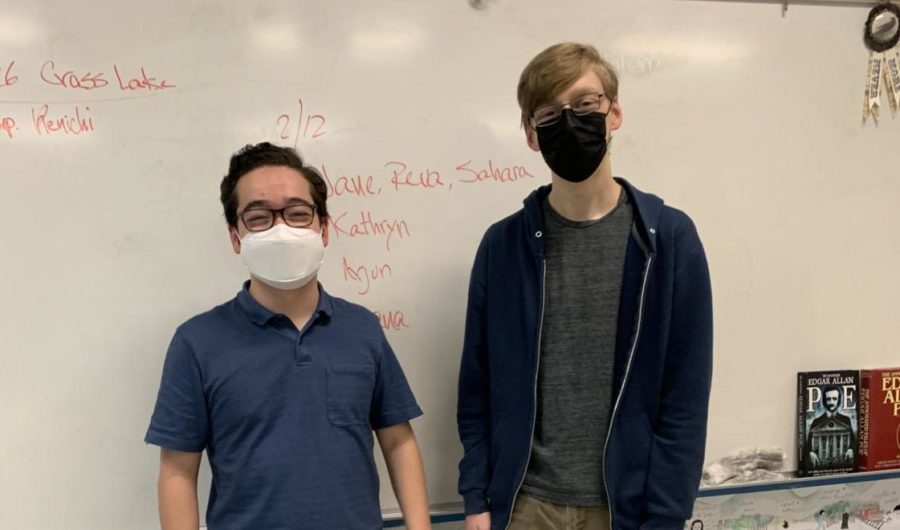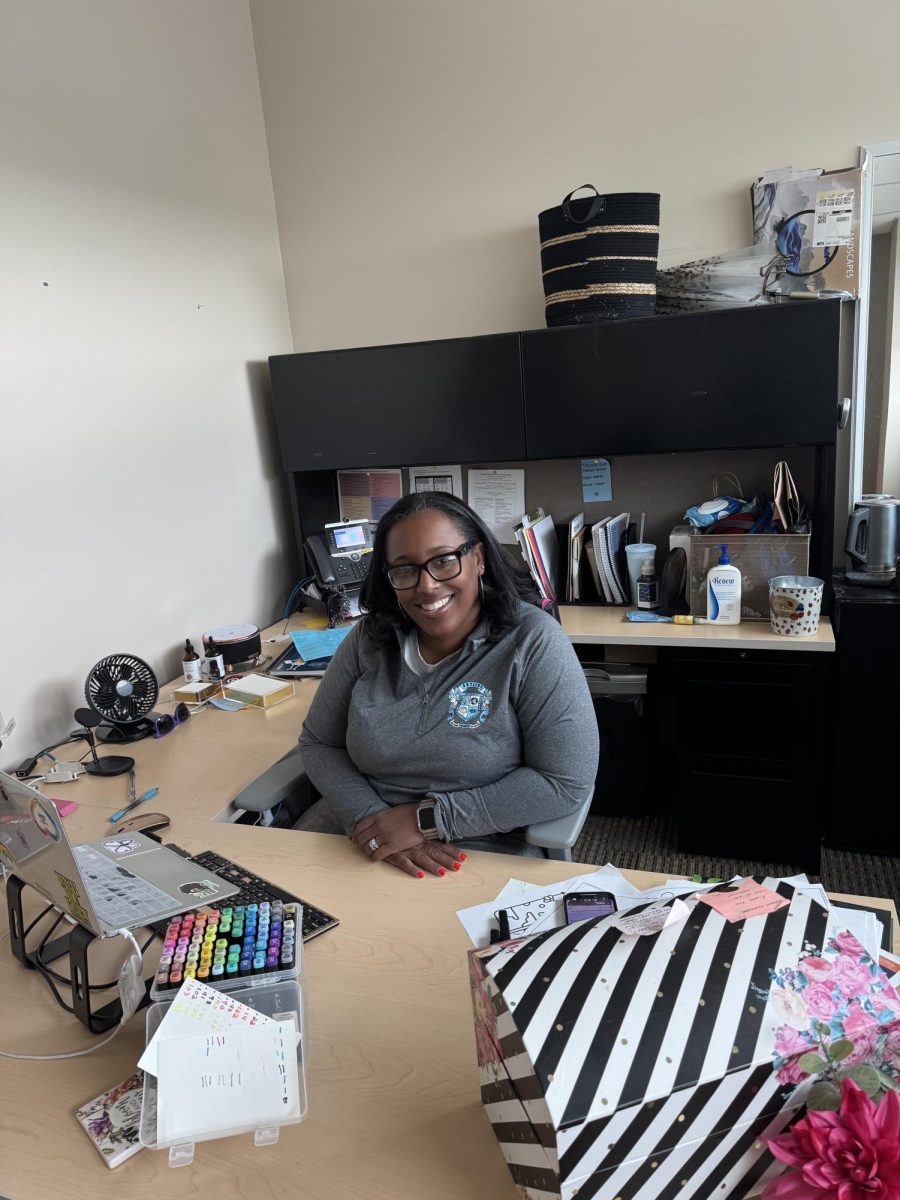On December 11th, Seniors Elijah Kaufman and Kenichi Lobbezoo of Skyline High School finished first in the Michigan Debate State Finals for Varsity Public Forum, for the first time in Skyline history. Describing it as feeling “absolutely incredible,” they credited how well they did to their experience and the large amounts of information they had gathered beforehand. They were prepared to refute arguments from the other teams. “We’ve both been on the team since we were freshmen,” said Lobbezoo. Being seniors, this is their fourth and final year.
Freshmen Arjun Alva and Jack Dunmire also took third place in the Novice division. “[I most enjoyed the] research, knowledge, intelligent people, conversations, views, and ideas,” said Alva, who had been interested in debate even before high school. That passion and hard work allowed Alva and Dunmire to medal in almost every competition they participated in.
Besides those huge wins, it was a great season for Skyline overall. The Debate team advisor, Laura Sparrow, estimates they won about 26 awards this season. The Debate part of the team is relatively new and small, founded four years ago. “I’d already coached Speech for 18 years or so — at Skyline, since we opened, and before that up in Oakland County — but I’d never tried Debate. I was hesitant about it, but we wanted to grow our team, and debaters came to find us,” said Sparrow.
The typical school at these competitions brings 65-80 kids, but Skyline only sends 8-10 kids, a number they hope to increase. Nevertheless, Sparrow says “Our team is little but mighty!”
Debate has been heavily impacted by Covid-19. For the past two years tournaments have been online, which means debaters have had fewer interactions with other teams and even their own teammates. The final rounds of debate are also no longer available to be watched, which has been a valuable learning experience for many debaters. Before Covid, tournaments were held all over the state, with some competitors coming from all over the Midwest. “I haven’t missed driving all over southeast Michigan,” said Sparrow. Fortunately (or unfortunately for some people), on March 5th the first in person Speech competition took place at Avondale. Things are returning to normal.
A Debate tournament starts with a coin toss to determine whether the team argues in favor or against the proposed idea. The teams have to be prepared to argue either side and will typically do both in the multiple rounds of each tournament. Then, the “First Speaker” of one of the teams presents a prepared speech on the pros of their side, called contentions. After both teams have argued their cases for 4 minutes each, they can ask each other questions in the “Crossfire”. After that, each “Second Speaker” has another 4 minutes to refute the other team’s contentions. This speech is not prepared, but speakers can prepare arguments if they think the other team is likely to bring them up. Lastly, each speaker has one more chance to talk and give a closing statement, with one final Crossfire between all speakers before the judge decides a winner and awards individual points to each speaker.
Now that Debate season is over, the team is preparing for Speech season. “That requires us to cultivate some additional skills,” says Sparrow. Speech has 12 categories, separated into two groups. “Public Address” events are more like Debate. Of those six events, Informative, Sales, and Oratory require preparing speeches beforehand, while Impromptu, Exempt, and Broadcast require quick thinking during the competition. In Broadcast, competitors give an exactly 5-minute speech like a news anchor, with a 1-minute editorial and 8-10 current news stories. There are also six Interpretation events, which require acting. The competitors present poetry, children’s stories, passages from books, and even scenes from plays. Interpretation also has Duo and Multiple events, where partners or teams act out scenes from plays.
If Debate or Speech interests you, you are welcome at any Speech and Debate Meeting. They are held on Wednesdays after school in Room A305. No experience is required. Principal Cory McElmeel was a debater himself in high school, and describes it as being “fun.” He says it helped him develop skills that were useful for the rest of his life.
Debate and Speech champion Kaufman says, “I had major anxiety around public speaking and joined in an attempt to remedy that. The team has ended up being even more beneficial for that than I could’ve imagined. I would recommend it to anyone.”







